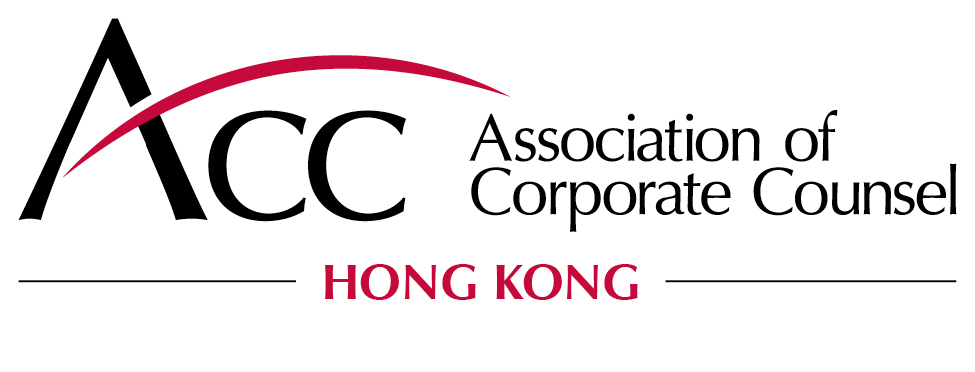Fracking sits at the intersection between US energy and environmental policy. It offers both transformative economic opportunities and energy security, as well as novel environmental regulatory challenges. This program will provide an overview of the key subsurface environmental and land use issues, as well as the regulatory and legislative efforts being undertaken at the state and federal levels, along with related litigation. Faculty for this program will consist of in-house experts who are responsible for fracking projects, outside counsel who have litigated fracking matters, and government attorneys who help develop and enforce regulations related to fracking.
In this article, various Hong Kong government initiatives and economic relief packages are explained. This resource was produced April 23, 2020.
What legislation is applicable to insolvencies and reorganizations? What criteria are applied in your country to determine if a debtor is insolvent in the Cayman Islands?
This sample form is a list of documents to be reviewed in connection with a due diligence review of a company.
This Leading Practices Profile continues the series of ACC Leading Practices Profiles examining the role of law department leaders and in-house counsel in managing the legal affairs of companies doing business abroad.
This is a sample industrial lease agreement for the state of Delaware.
This is a sample master software license agreement.
This is a sample of basic rental information.
Reciprocal Enforcement Arrangements Between Mainland and HKSAR - Practical Know-how for In-house Counsel
Reciprocal Enforcement Arrangements Between Mainland and HKSAR - Practical Know-how for In-house Counsel Mark Vitek (not verified)On 29 January 2024, the Mainland Judgments in Civil and Commercial Matters (Reciprocal Enforcement) Ordinance came into operation. This opened a new chapter in terms of mutual recognition of judgments between Mainland and Hong Kong SAR, and certain conditions need to be met for judgment creditors to seek to enforce Mainland Judgments in Hong Kong, and vice versa.
Join Jennifer Wu (Partner, Pinsent Masons) and Adrian Lai (Barrister, Des Voeux Chambers) for a 1-hour webinar to explore the changes in the reciprocal enforcement arrangements of Court judgments and arbitral awards, what is captured by the new reciprocal enforcement arrangement, what are the considerations for businesses and in-house counsel - particularly when dealing with contractual, operational and enforcement issues. The speakers will welcome questions from the audience at the end of the Webcast.

This is a sample information technology data classification and handling policy.
Google was recently ordered to produce a “smoking gun” email that it claimed to be protected by the attorney-client privilege. The Federal Circuit’s ruling represents a troubling trend. It seems that privileged communications are disappearing in the digital age. This article discusses how to mitigate the undermining of privilege in electronic communications.
This is a sample hotel group sales and event agreement.
Environmental Justice 201: Evaluating EJ Risks and Opportunities (Sept 14, 2023)
Environmental Justice 201: Evaluating EJ Risks and Opportunities (Sept 14, 2023) a.ouko@acc.comThe Biden Administration's whole-of-government approach to environmental justice (EJ) has led to a plethora of new regulations, guidance, and considerations for industry coming from numerous federal agencies. There has also been a significant uptick in state legislative and regulatory activity in recent years. While these developments have impacted layers of company operations, permitting has been at the center of the discussion. During this Legal Update, Beveridge & Diamond's EJ Practice Chairs and Principals Stacey Sublett Halliday and Julius Redd (Washington, DC) will underscore practical tips and resources for companies to use to assess their own EJ risks in the permitting process, as well as highlighting common throughlines of new developments at the state and federal level. Mike Auger (Senior Vice President & Chief Business Officer, Ever-Green Energy) will provide an overview of Ever-Green's on-the-ground experience with these evolving EJ requirements and funding opportunities.
Mobile devices are now key features of both personal and on-the-job life. Given their proliferation, it’s natural for employees to want to use the same ones both privately and professionally. In the first part of this session, technology experts will provide an overview of the key technology and security risks associated with mobile computing that will enable you to have an informed discussion with your CIO about current issues with Bring your own device (BYOD) for use at work and Corporate-owned, personally enabled (COPE) devices that the employee can take home programs. In the second part of the session, our panel will discuss some of the best practices around policies, procedures and training when implementing a BYOD or COPE program. The panel will also touch on the legal implications of such programs with respect to your employees and your regulatory obligations and litigation concerns.
Show results exclusively from the ACC Resource Library with customizable filters